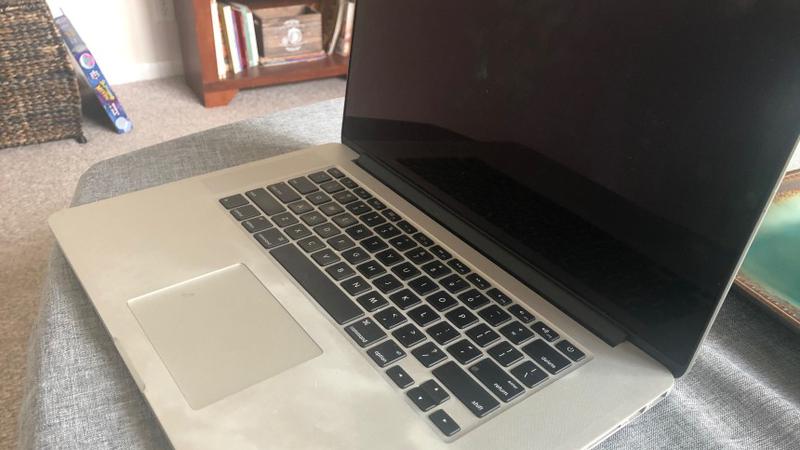
U of S prof to study COVID-related racist tweets directed at Asian community
Has the COVID-19 pandemic contributed to more racists attacks against Asian people online? That’s what a University of Saskatchewan assistant linguistics professor and his team want to figure out.
Over the next year, Zhi Li and his team, along with the Saskatchewan Human Rights Commission (SHRC), are going to try and figure out what constitutes a racist tweet and where they come from.
They’ll be looking at 80 million tweets that originate in Canada beginning in October 2019 and continuing through to the present time.
“It will be very informative for us to truly understand what has happened in our online communities and see whether we could see some patterns, or whether we could see some relationships between online behaviours and offline behaviours,” he explained.


